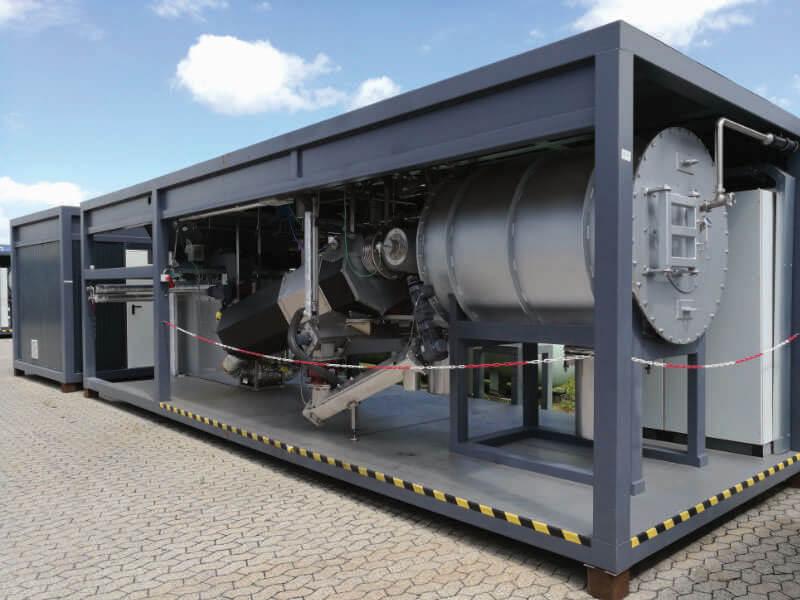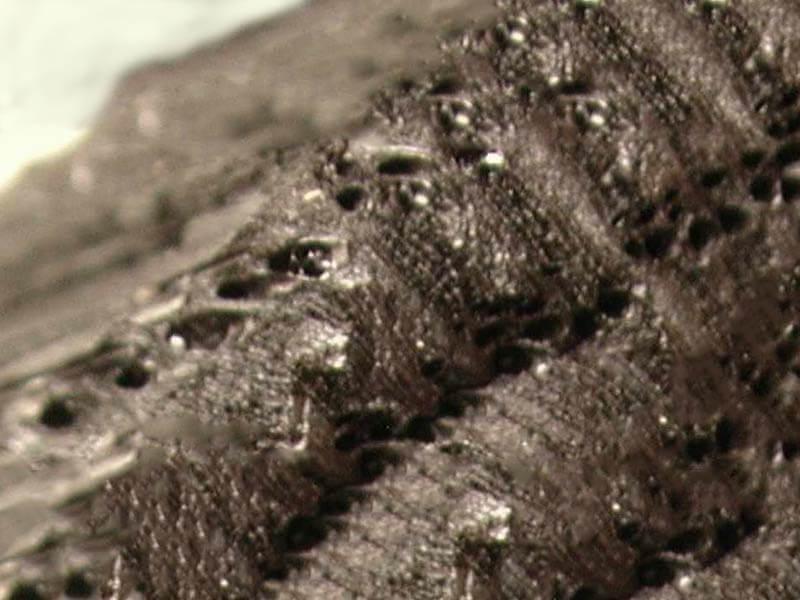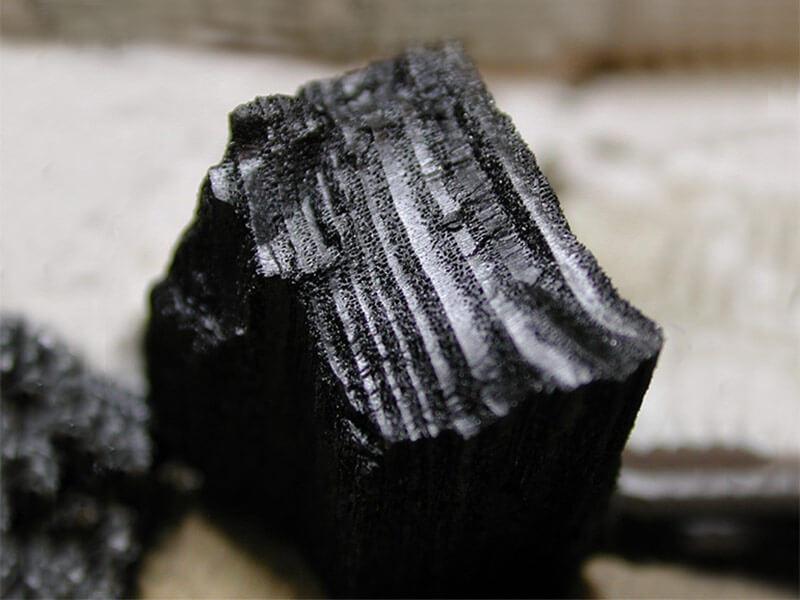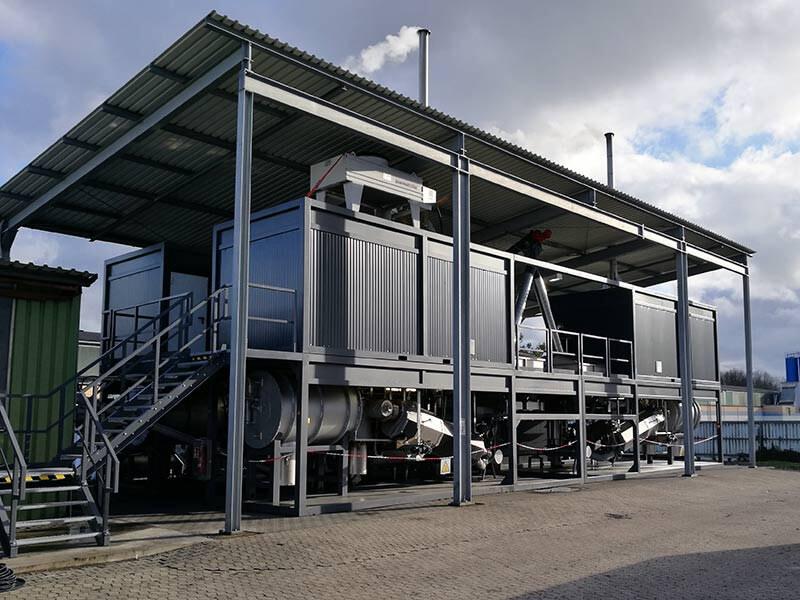
European Biochar Certification (EBC)
The Ithaca Institute has introduced guidelines for obtaining the European Biochar Certificate as a basis for control in 2012
The certification is intended to ensure the sustainable production of biochar. Producers can thus guarantee quality to users and authorities.
For thousands of years, charcoal has been one of civilisation's basic materials. By far the most common use of charcoal was for cooking, for heating and for smouldering when producing metal tools. However, for centuries charcoal and biochar have also been used for conditioning soils, or as litter (bedding) materials, as medicine and also as a feed additive. Over the course of the last century most of this traditional knowledge has been lost yet is being rediscovered since 2010.
Biochar is produced by pyrolytic charring of various biomasses. These include greens, rhizomes, crop residues, bark, pomace, skins, hides, feathers, food canning residues, cellulose, plant fibres, paper fibre sludge and many more. By means of modern technical processes, which have been continuously developed since 1990, it is now possible to pyrolyse all vegetable raw materials with a moisture content of up to 50% into biochar. This produces synthesis gases which can be burned with low levels of pollutants. This produces heat which is used to heat up biomass that has been fed into the plant and for heating purposes. Using a special technique, they can also be converted into electricity.
Thanks to research and practical experiments, it has been possible to find a way of gradually using biochar in agriculture. The use of biochar has been increasing since 2015 and is expected to continue to rise. But also in industry - mainly in the construction and plastics sectors, as well as in the paper and textile industry - biochar is increasingly used.
The characteristics and the environmental balance of biochar depend strongly on the type of pyrolysis and the raw materials used. In order to ensure that the biochar is produced in an energy-efficient and environment-friendly way, these guidelines, introduced by the Ithaka Institute, are needed.
Since the introduction of the guidelines, bio.inspecta has been a partner of the Ithaka Institute and inspects and certifies 31 producers of biochar in Switzerland, Austria, Germany, France, Finland, Sweden, Great Britain, Poland, Romania, Serbia and Latvia in accordance with the current guidelines. The control certificate is intended to ensure sustainable production. The certificate is a voluntary standard in Europe. In Switzerland, the certification level EBC-AgroBio is a prerequisite for the use of biochar as a soil improver.
You can find further information here.




